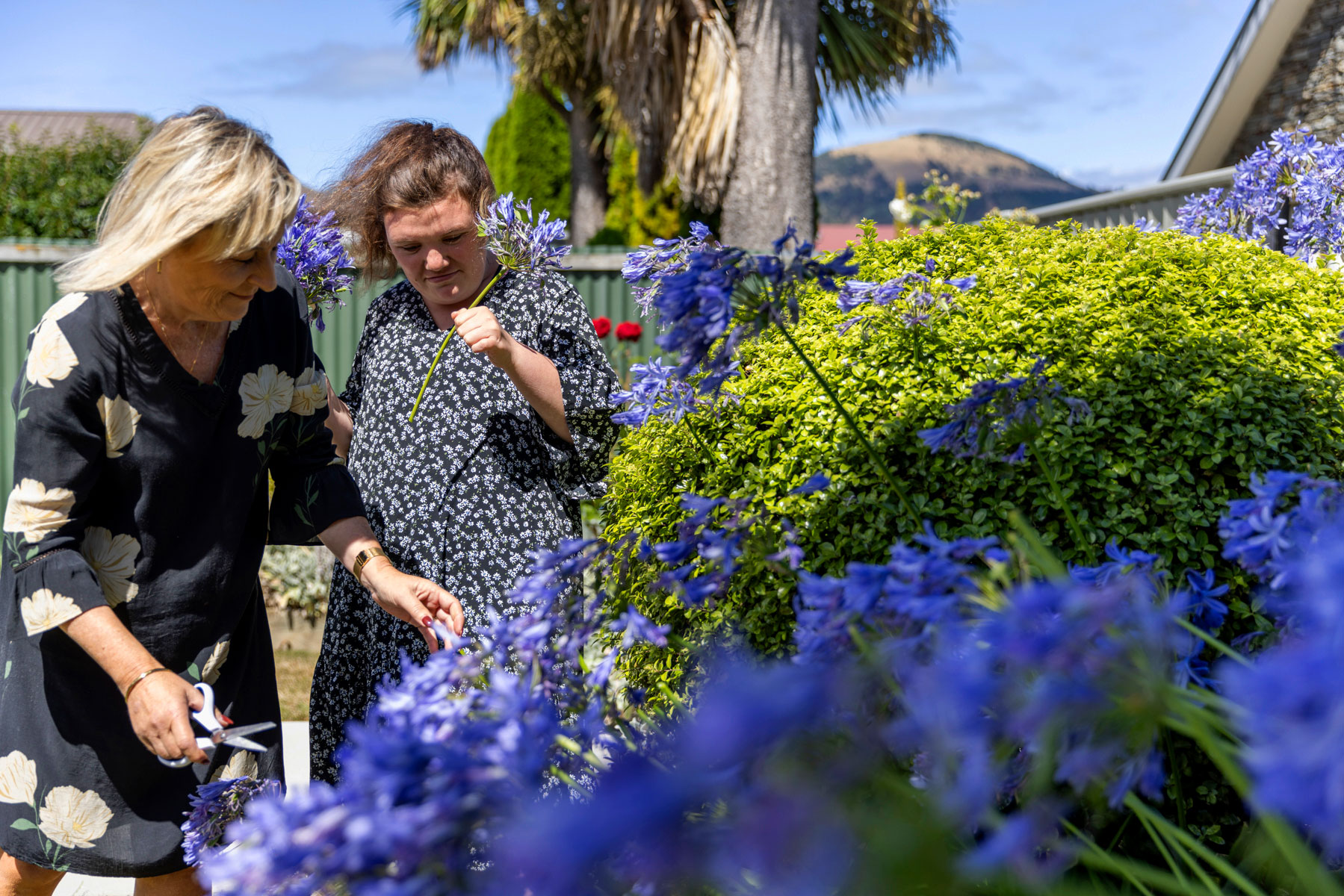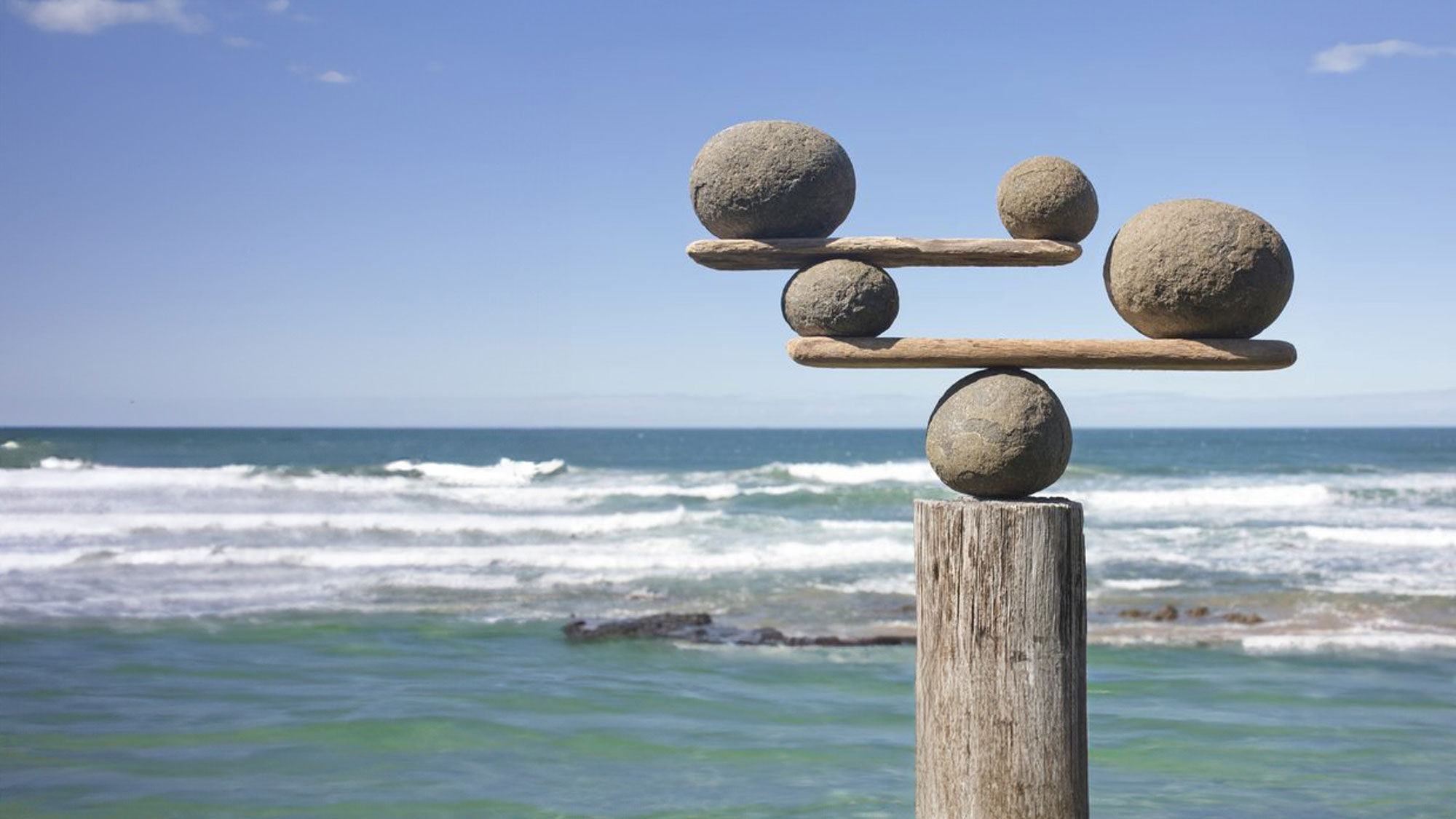
Model of Support
My Life,
My Choice
Aims to actively support people in homely, personalised homes to have a quality life of their choice. A home where people have freedom, choice and control and their rights are met.
We use the Enabling Good Lives, Tiriti O Waitangi Enhanced Principles and the Te Whare Tapa Whā Health and Wellbeing model as the basis of our Model of Support.
Our residents stated, “Hawksbury’s Model of Support is to assist us to live in a whare for the whole of our life where we are provided with quality support to live the life we choose and have our preferences respected. A place where we feel safe, happy and can be as independent as possible. Support to make the connections we want in our community. Where our culture and differences are valued, and holistic health and wellness needs are met.”
Model of Support
Model of Support
Te Whare Tapa Whā

The Te Whare Tapa Whā model describes health and wellbeing as a wharenui/meeting house with four walls.
These walls represent taha wairua/spiritual wellbeing, taha hinengaro/mental and emotional wellbeing, taha tinana/physical wellbeing and taha whānau/family and social wellbeing.
Our connection with the whenua/land, forms the foundation.
When all these things are in balance, we thrive.
When one or more of these is out of balance our wellbeing is impacted.


